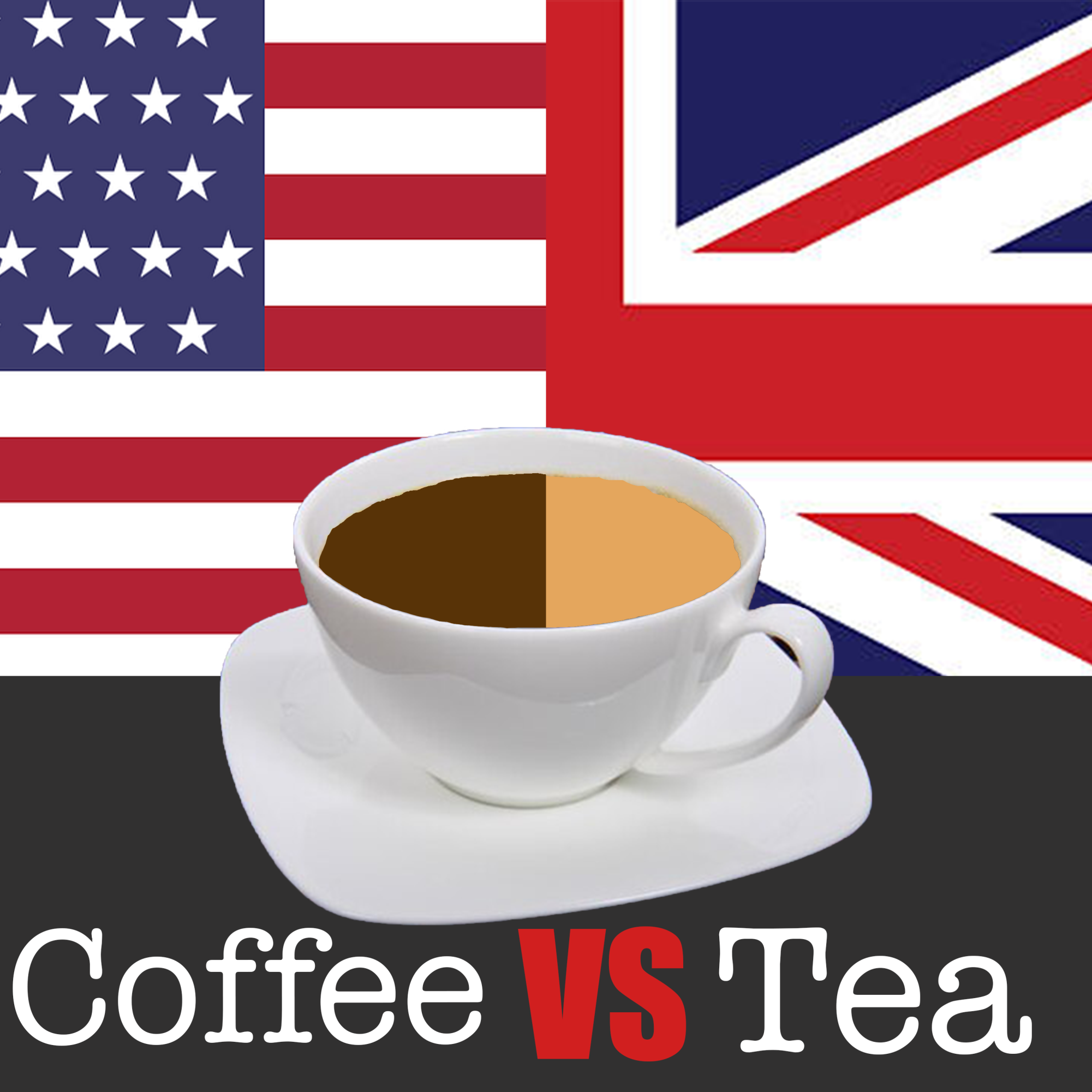It is common knowledge for many citizens in the U.K. and the U.S. that America was once under British rule for decades before finally gaining independence in 1776.
While the two countries have since formed a strong alliance in both peace and war, they have nevertheless fostered two different cultures within their respective domains.
One of the signature differences between the two countries is their citizens’ preferred drinks. Brits are always stereotypically associated with tea, while Americans are mostly known for their coffee intake.
The idea that Americans adopted coffee over tea as their preferred beverage can be traced back to the Revolutionary War.
The British government placed a tax on tea without the colonists’ consent in 1773. Called the Tea Act, this tax persuaded colonists to stop drinking tea in favor of choosing coffee. The cultural decision to begin drinking coffee was another form of protest against the British government before the 13 colonies gained independence.
While not a main factor in the colonies’ push for independence, the taxes the British government levied on the American people were a factor in both the Revolutionary War and the decrease of our tea intake.
The Boston Tea Party showed England America’s position on the Tea Act of 1773.
Additionally, the decision to stop drinking tea was part of a wider rebellion against British-made and -imported goods as well.
Under British rule, Americans were only allowed to receive goods from England. During the American Revolution, when the Founding Fathers were fighting to free America from Britain’s grasp it was important that Americans assert economic as well as political independence from their mother country.
History teacher Mr. Guy Ruppert explained that the decrease in tea intake by Americans could have been another act of rebellion against Britain.
“You have the Committees of Correspondence which are trying to boycott goods from England, one of those, of course, being tea,” he said. “To kind of add to that is that they’re going around and persuading doctors to tell people that drinking tea is actually bad for your health so it’s all part of the propaganda and economics of the world.”
While the reduced purchasing and consumption of tea did not help win the war, it played a part in shaping the America we have today: a coffee-loving country.
While we can’t exactly know how much of England enjoys coffee more than tea, Junior Teagan Greer, a Briton who continuously visits for vacations, explained that she doesn’t share the affinity for tea that most Brits are notorious for.
“I always prefer coffee rather than tea because I feel like tea is just disgusting and it’s just boiled water,” she said. “Even if I lived in England I would still like coffee more because tea is just gross.”
Many other students expressed their distaste for tea and their preference for coffee.
“I prefer coffee because tea isn’t really something you drink on a daily basis,” sophomore Maria Munguia said. “You’re only supposed to drink tea when you’re sick or just really old.”
However, freshman Yaneli Mungia had a different opinion.
“I don’t really drink either but if I was to pick, I’d pick tea because there’s so many options for flavor,” she explained. “With coffee, it’s really just one taste. Yes, there are many types of coffee too but when it comes down to it it’s really just the same taste.”
Preferences aside, the American Revolution is history, and America and England are now close allies – even if life without coffee is brewtally boring.






Michele • Nov 23, 2024 at 11:48 pm
Gosh, coffee really isn’t just one taste. Flavours are informed by the soil and climate…. and then by the roaster in how they choose to enhance some of the natural flavours. If you gave the same beans to 3 different roasters, you would end up with 3 different tastes.